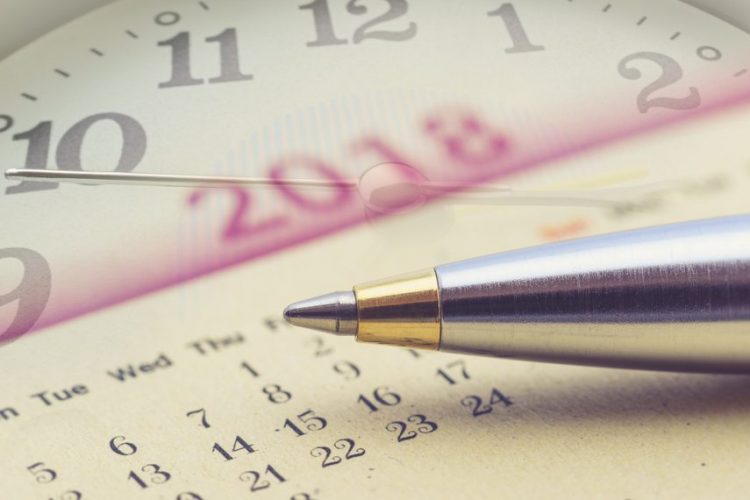An economic calendar tells you the schedule of the next news events and data releases that could affect the economy.
This is a very useful tool and guide for traders who want to get ahead of the curve. For consistently profitable trades, you should know the importance and usage of an economic calendar.
An Economic Calendar
As we’ve mentioned, an economic calendar tells you the schedule of the next news or events that may move the economy. By extension, these news and events move the markets.
Among the most common news releases that traders follow are gross domestic product figures (GDP), interest rate policy decisions, and non-farm payrolls.
Event Grades and Importance
The economic calendar’s contents are important, and they all have different levels of impacts to the markets.
There numerous economic releases. Sometimes, they happen every week. Sometimes, they happen several times a day.
Depending on the economic calendar you are using, every event can be major or minor.
- Minor events typically have lower impact to the markets. On an economic calendar, these events usually have no markings.
- Events that can cause some amount of impact over the markets are typically medium impact events. On the economic calendar, these usually have yellow markings. Generally, traders take precautions when trading on these days.
- Events that are highly likely to cause large movements in the markets are high impact events. Economic calendars usually have these events in red to inform traders that these are big events and they should keep their focus on the release.
High Impact Events
If you’re a short-term trader, high impact events are your priority. You can always expect the market to show high volatility whenever these market-moving events happen.
Whether the actual data comes below, in line, or above market expectations, high impact events never fail to move the market.
What Traders Do
For these events, traders have various ways of coping.
As these events cause volatility, traders sometimes don’t want to be a part of it. They cancel their pending orders right before the release of the actual data.
As a result, market liquidity drops. Prices often whipsaw or fluctuate when the data comes out because there are fewer market orders or stop orders to absorb the impact.
The market eventually attains a clearer direction after the fluctuation. By which time traders have already absorbed the news and are ready to trade accordingly.
Using the Economic Calendar to Mitigate Risks
Traders use the economic calendar to mitigate the risks of getting caught unprepared. They check their economic calendar regularly to know what’s going to go down on that trading day.
A trader needs to know his/her risks on any given trade. Since they don’t know what will happen during or after the data release, pro traders close out their trades a few minutes before the huge event.
They also avoid taking new orders after the release of the data. Since you already know what and when the data comes, avoiding high volatility and uncertainty is the best course of action.

